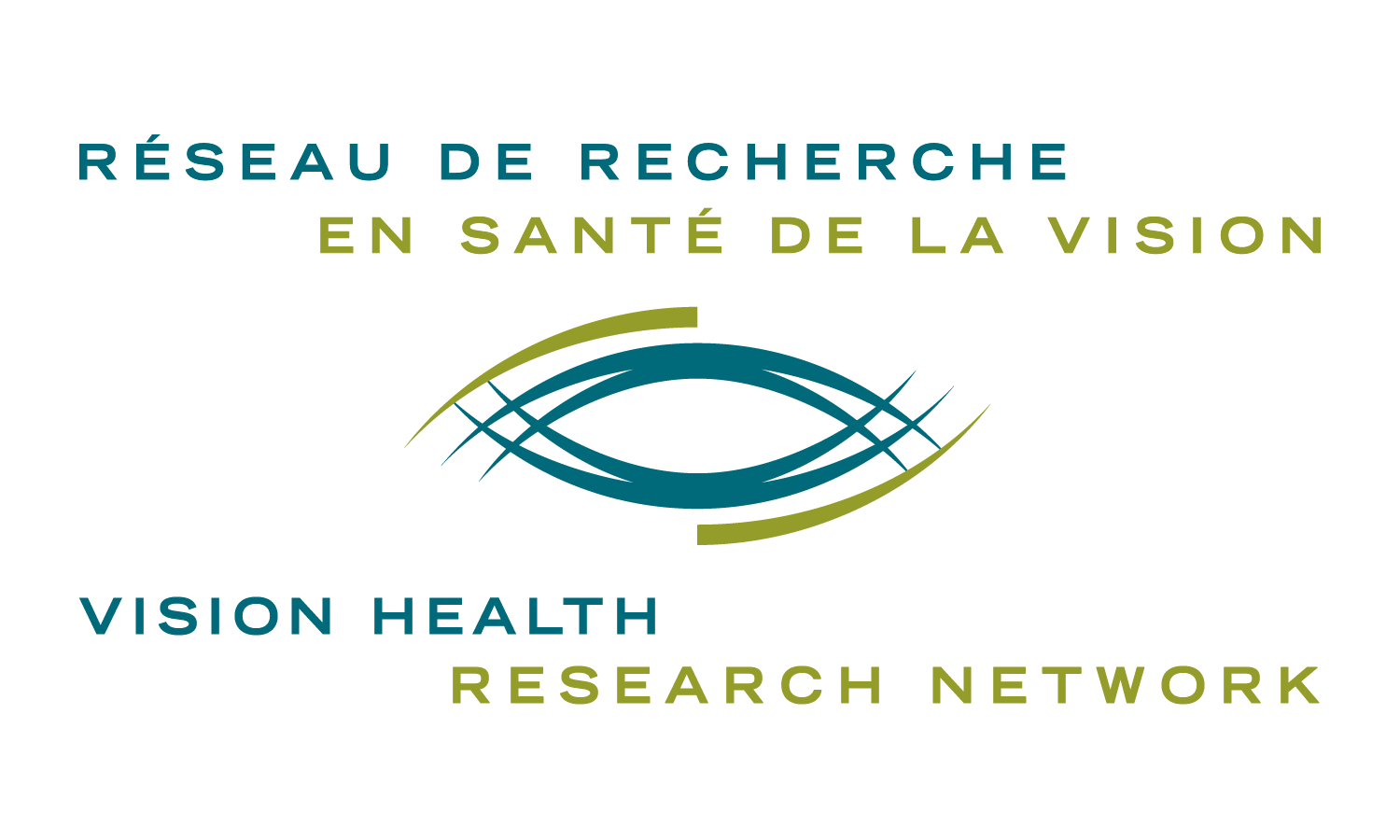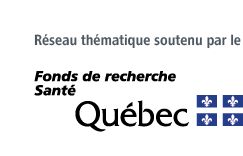Lois E. H. Smith, MD, PhD
Professor
Department of Ophthalmology
Harvard Medical School
Boston Children’s Hospital
Boston, Massachussetts, USA
Biography
Lois E. H. Smith M.D., Ph.D. is an ophthalmologist and clinician/scientist at Boston Children’s Hospital and Professor of Ophthalmology at Harvard Medical School.
Her basic research work is in retinal neovascularization, both basic mechanism and translation to treatment including diabetic retinopathy, retinopathy of prematurity, age-related macular degeneration and retinitis pigmentosa. Her early work defined oxygen-induced retinopathy where she showed VEGF is necessary for ischemia-induced proliferative retinopathy. She defined the role of growth hormone and IGF-1 in retinopathy. She has shown that omega-3 fatty acids are critical to retinopathy and that modulating the omega-3 /omega-6 ratio in retina can inhibit pathological angiogenesis. She has focused more recently on metabolic function in photoreceptors, driving neovascularization. Much of this work has been translated to clinical trials.
She serves on the editorial boards at Investigative Ophthalmology and Visual Science, eLife, and Journal of Clinical Investigation. She also serves on the ARVO Awards Committee, the Helen Keller Prize Committee, the Bressler Prize Committee, the Alcon Research Institute Awards Committee and is a member of the Lowy Medical Research Institute Board of Scientific Governors. She will serve as a mentor in ARVO’s Leadership Development Program for Women in 2021.
She has received funding from the National Eye Institute, Massachusetts Lions Eye Research Fund, the European Union, the Lowy Medical Research Institute, Foundation Fighting Blindness, Research to Prevent Blindness Senior Investigator Award, and the Alcon Award.
***
Abstract
Title: Translational Studies in phase I ROP
Retinopathy of prematurity is a two phased disease. Phase I starts after preterm birth as factors that were normally provided by the mother are missing such as omega 3 and omega 6 fatty acids and IGF-1 or are present in excess such as oxygen. As a result, the neural retina and particularly the retinal vasculature fails to mature normally. Starting at about 30 to 32 weeks post menstrual age during the second phase, the slowly developing but avascular neural retina sends signals that are not well regulated for exuberant vascular growth that threatens vision. At present only the second neovascular phase is treated with photocoagulation to destroy retinal signals for neovascularization or anti-VEGF treatment directed against a major growth factor initiating vascular proliferation. I will discuss studies on prevention by addressing phase I of ROP.


